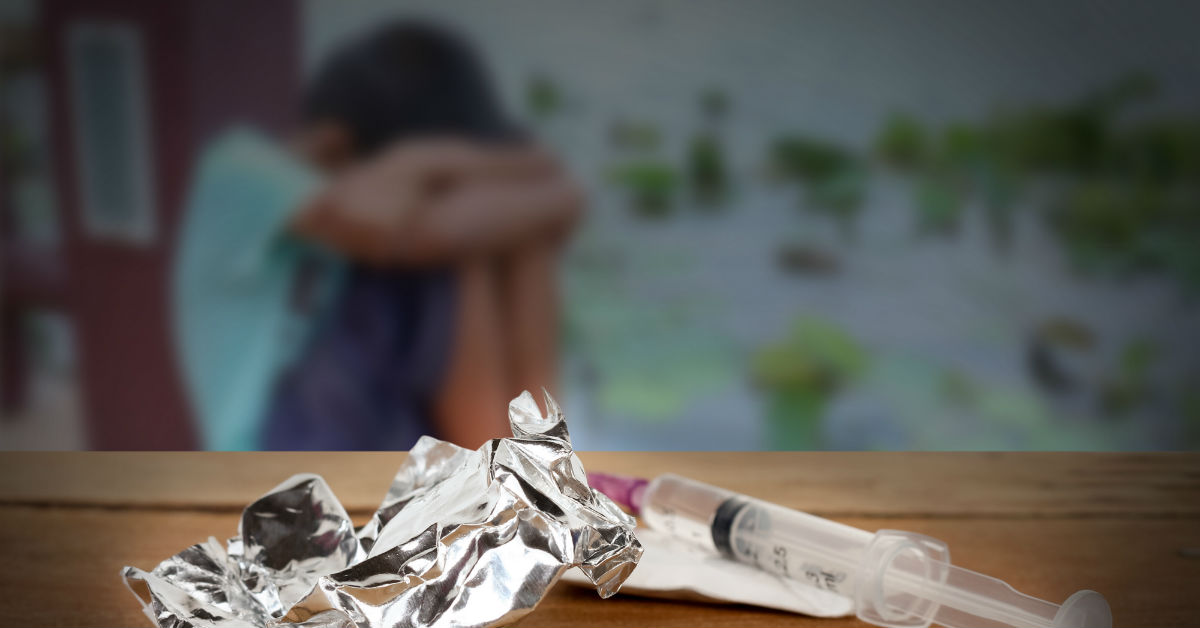
Over the past two decades, incidents of overprotective parenting have risen. Also called helicopter parenting, this approach involves parents swooping in to save their children from any potential harm. Unfortunately, many teens grow up without developing problem-solving and coping skills. When parents constantly intervene and save them, young people feel as if they are unable to handle their own issues, which might lead to the development of addiction problems.
No-Rescue Parenting Defined
An alternative approach, called no-rescue parenting, involves parents doing the opposite of helicoptering. Instead of rushing to save children from the consequences of their poor choices, parents utilizing the no-rescue approach allow their children to fail. This can help them to develop needed life skills and may aid in their ability to overcome substance abuse issues. Fathers and mothers who practice no-rescue parenting allow their children to confront both the challenges of life and to face the consequences of poor choices without the parents' intervention.
No-Rescue Parenting and Teen Addiction
An example of the no-rescue approach in the context of addiction might include allowing your teenager to remain in juvenile detention if he or she has been arrested for delinquency involving drugs or alcohol. Instead of requesting that the court release your child to your custody, a no-rescue approach might mean asking the court to place your teenager in an inpatient rehabilitation facility so that he or she can receive the help that he or she needs. When teens learn that they will face real consequences for their actions and that you will not always agree to bail them out of any trouble they may be in, they can begin developing the tools that they will need to cope with the day-to-day issues that they face without the need for alcohol or drugs.
Practical Applications of No-Rescue Parenting
Many adults with addiction problems began use as teenagers. Helping your teen to learn the coping skills that he or she will need in adulthood can help him or her become a better-adjusted and healthier adult. Encourage your child to take responsibility for his or her choices. If your child forgets an important assignment at home, don't rush it up to the school. Let him or her learn that not keeping track of needed materials results in a lower grade. If your child breaks a window or wrecks the car, make him earn the money to pay for the repairs. The use of natural consequences works in various settings:
- When teens break the rules,
- Neglect their responsibilities or
- Damage property.
What No-Rescue Parenting Is not
No-rescue parenting does not mean that you need to turn your back on your child. You should keep the lines of communication open and be there for him, ready with a listening ear. No-rescue parenting is not simply washing your hands of your teen. Instead, by allowing him or her to learn the coping skills and problem-solving abilities through making mistakes, you will equip him with the kinds of lasting skills needed to enter true recovery from his addiction.


Leave a Reply